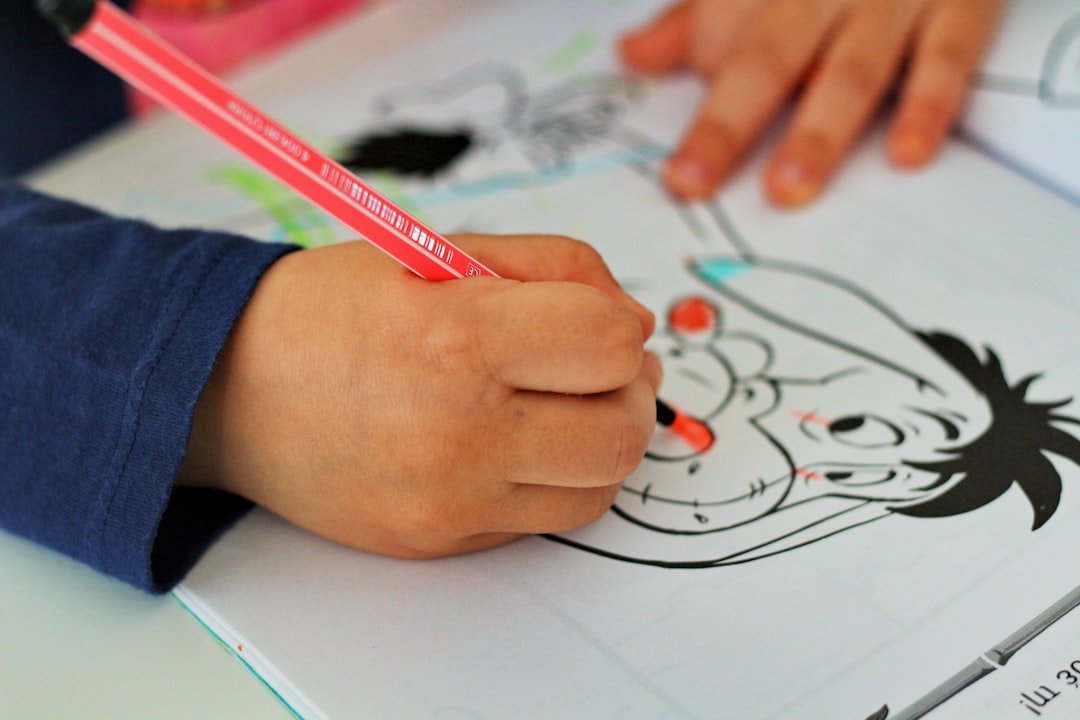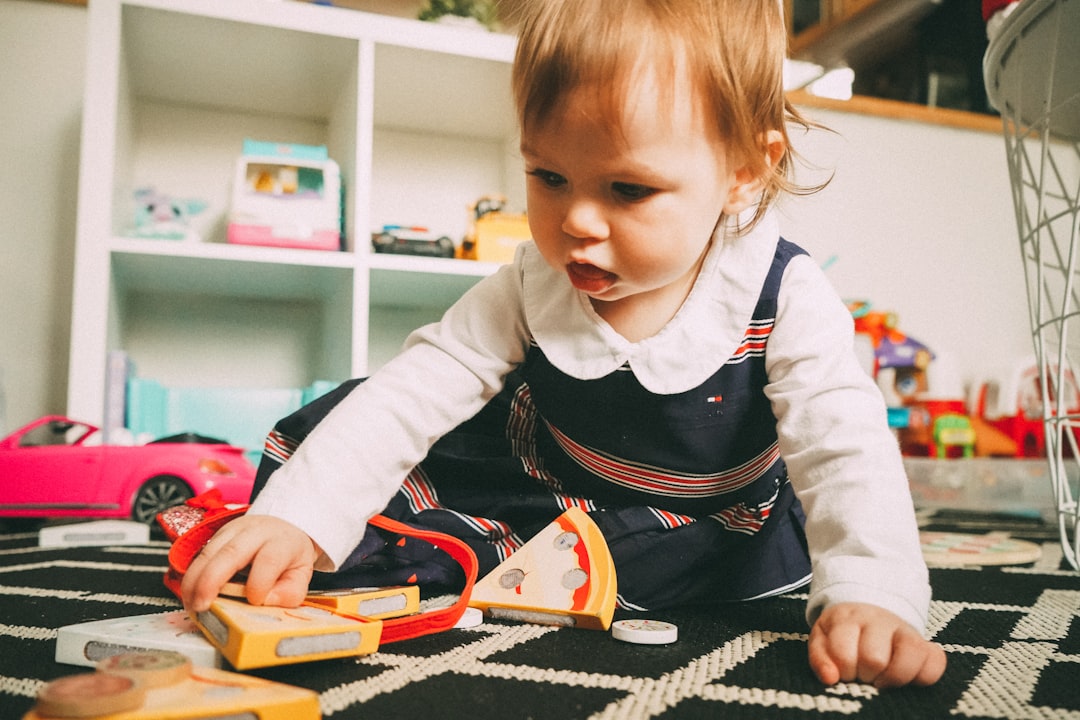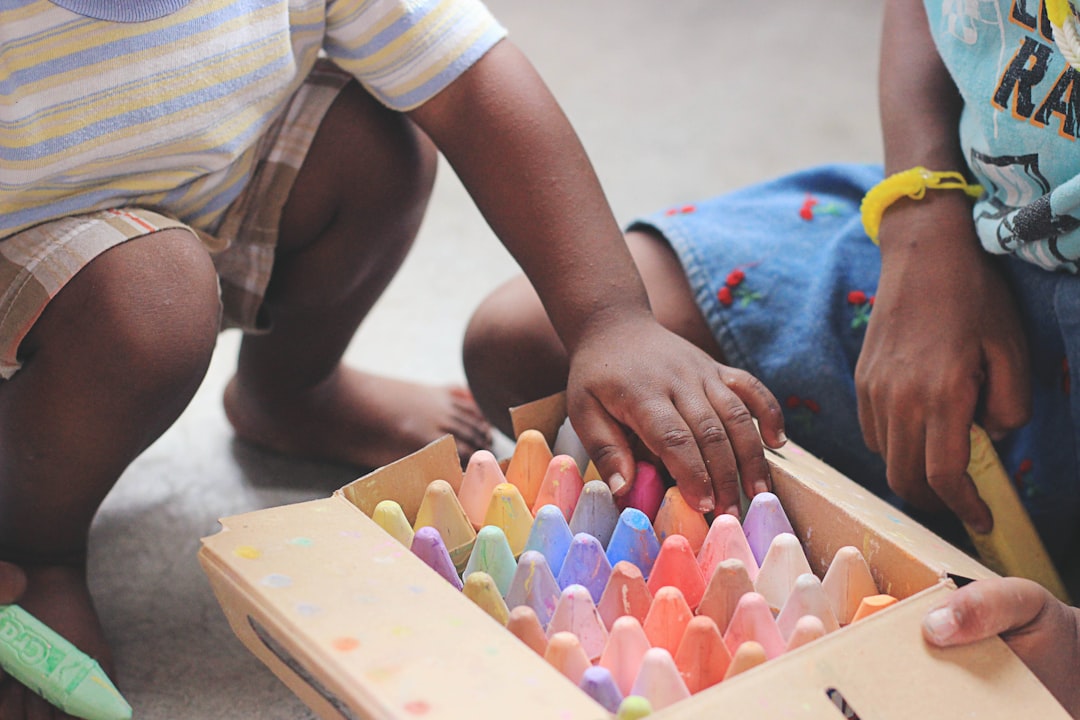In an era defined by rapid technological advancements and shifting global landscapes, the concept of education and skill development for children is undergoing a profound transformation. The future holds limitless possibilities, and preparing kids not just to navigate but to excel in such a world requires a robust foundation in both future skills and lifelong learning. This article delves into the critical competencies children need to develop and how parents and educators can facilitate continuous learning and adaptability.
The Role of Technology in Learning
Technology is not just a tool but a fundamental aspect of daily life and, consequently, education. Introducing children to technology through structured learning and free exploration can spark an interest in areas like coding, robotics, and digital arts at an early age. These disciplines encourage logical thinking and creativity, skills that are pivotal in almost every future career path. Moreover, technology enhances personalized learning, allowing children to learn at their own pace and according to their interests.
Fostering Critical Thinking and Problem Solving
In the future, the problems our children will face will be complex and multifaceted. Developing critical thinking skills is essential for them to be able to analyze issues, think independently, and come up with innovative solutions. Activities like puzzles, strategic games, and open-ended questions encourage children to think critically and solve problems creatively, preparing them to tackle future challenges effectively.
Emotional Intelligence and Interpersonal Skills
As the world becomes more interconnected, emotional intelligence (EI) and interpersonal skills are increasingly crucial. These skills enable children to collaborate effectively, navigate social nuances, and lead with empathy. Storytelling, role-playing, and group activities can be very effective in nurturing EI, teaching children to recognize and manage their emotions and understand those of others.
The Importance of Adaptability and Resilience
The ability to adapt and bounce back from setbacks is vital in a fast-changing world. Children who learn resilience are more likely to view failures as opportunities to learn and grow. This skill can be strengthened by providing supportive environments that push children slightly out of their comfort zones, followed by discussions on dealing with feelings of disappointment or frustration.
Encouraging Creativity and Innovation
Creativity is not limited to artistic pursuits—it’s a crucial skill for problem-solving and innovation. Providing children with the freedom to explore their interests, question norms, and express themselves can significantly boost their creativity. Activities like free drawing, inventive storytelling, and unstructured play are vital in fostering an innovative mindset.
Conclusion
The landscape of future skills and lifelong learning is vast and varied. By focusing on these foundational areas—technology integration, critical thinking, emotional intelligence, resilience, and creativity—parents and educators can equip children with the tools they need to thrive in the future. The journey of learning is endless, and the earlier we support our children in these endeavors, the brighter their futures will look.






